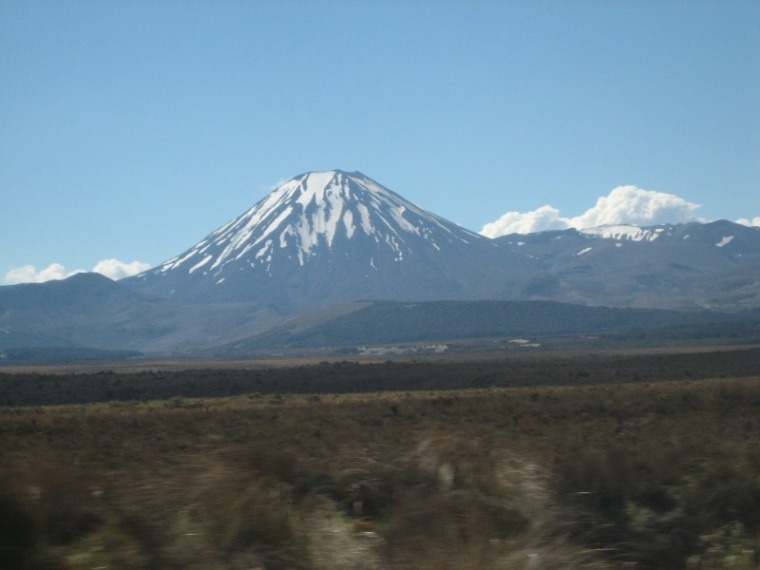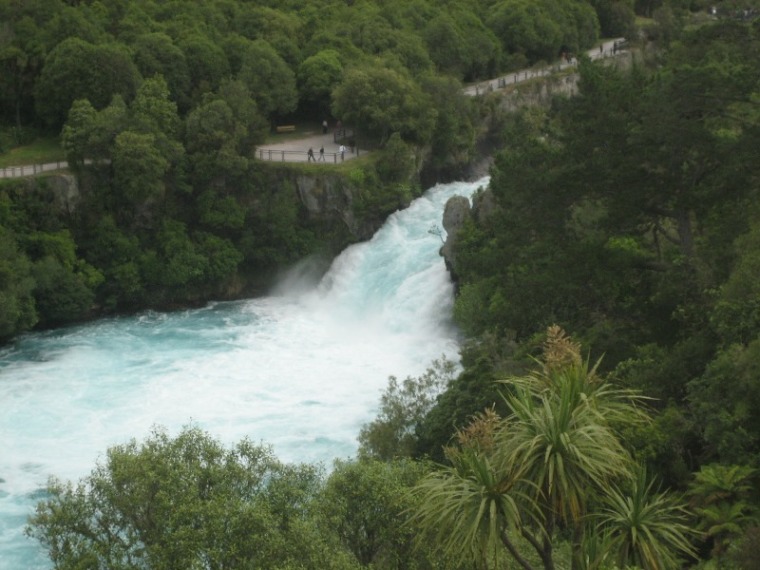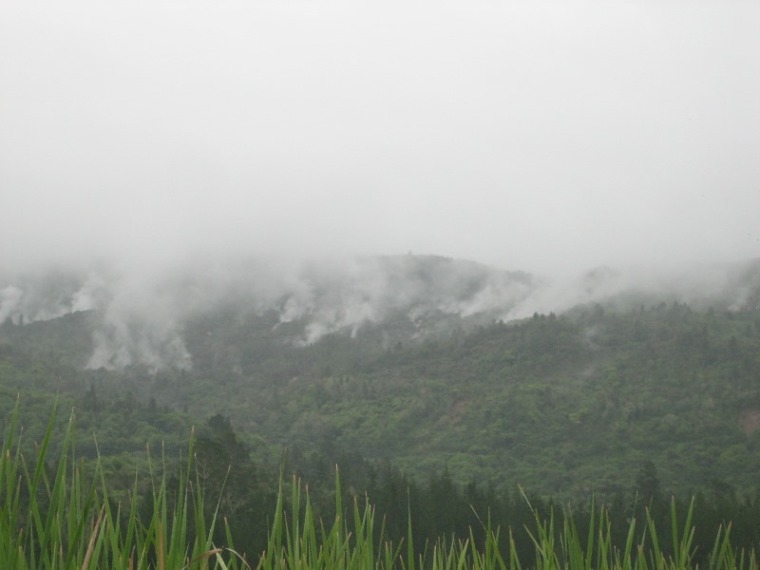
Mt Tongario
An article some time ago from Stuff NZ notes how call-centre jobs were coming to Wellington, New Zealand with city councillor John Morrison and businessman John Dow brokering a deal with Australian firm CallActive to bring 300 to 500 call-centre jobs to the city, with that number possibly growing to as many as 2000 in the next few years.
The report comes after ANZ's decision to create an extra 70 jobs at its call centre in Wellington, and the announcement earlier in the year that Contact Call Centres Australia will open a 100-strong office in the city. CallActive had already started setting up shop in Wellington having signed up a small number of New Zealand clients.
It's an old story
But this is an old story. Within the collection of interesting articles that my late mother kept during the 1930s, the one from the Sydney Morning Herald entitled: “Skilled men for N.Z. - Many Sydney applicants. Railway Expansion” (18th May 1939) caught my attention.
Who would have thought that I, a railway buff, would find such an article, kept by the young woman who was to be my mother, 71 years later! In 1939 Australia was expecting war. The nation had gone onto a defence footing (as seen by many of the other articles of the era my mother had saved for posterity) and every skilled man and, later, woman became part of the workforce to help defend our country (as well as England and the then Empire).
It was therefore rather strange to find this article calling skilled men to leave Australia for New Zealand. But there it was. and as the Footplate Padre and an author of 16 railway books, I found this an interesting subject.
My mother was quite astute in her reflections and wrote many articles which have been filed away and which we still have. Her writings were not published but she kept them, with some thought that possibly they might gain some credibility in the years to come as much of her thinking has shown an astuteness in realising what was to happen.

Hua Falls
NZ Railways requirements
The article in question reads as follows: “Mr E T Spidy, superintendent of workshops for the New Zealand Government railways, engaged in Sydney yesterday 21 fitters, three boiler makers, one turner, and one coppersmith for work in the Dominion. If skilled men are offering, he will engage at least 100 more tradesmen.”
The New Zealand Railways at that time were in the process of initiating an enormous expansion of locomotive construction along with rolling stock as part of a nation wide industrial expansion. In effect, New Zealand was likewise preparing for another world conflict.
The article goes on to state that this railway expansion can absorb 600 skilled 'men'. At that time there was an acute shortage of tradesmen with an additional comment which read: “No skilled man is unemployed in New Zealand”. The men would receive 5 pounds, 10 shillings a week. In NSW tradesmen were being paid 5 pounds and three shillings a week for a 44 hour week.
As I pondered this article, it seemed to me that taking initially 26 fully skilled workers from Australian industry which was itself struggling in the preparation for war was significant, but to hold out your hand for 100 was astonishing and also offering them a higher rate of pay.
As the Footplate Padre, I can recall many instances in the sixties and seventies where enginemen took promotions in different railway depots around New South Wales. This proved to their advantage so as to eventually become a Salaried Driver considerably quicker. But it did mean packing up the entire household and family and relocating (several times).
Today, it is not such a huge drama as the entire world has become smaller and expatriots live in many different countries. But in 1939 it would have been a huge decision to make a life-changing move from Australia, even if only across the Tasman, to New Zealand.
Yet, Australian and New Zealanders were in some measure accustomed to such situations as both nations were founded upon migrants from the ‘home country’.
Other cultures over the centuries have recorded people who migrated or travelled extensively. Even in the Old Testament we witness not only the nomadic life of the Jews, but we note that Abraham relocated regularly. In the New Testament, Paul's missionaries around lower Europe became second nature to him, and the basis of Christian missionary field-work today.

Waihi Steam
Dr Mark Tronson is a Baptist minister (retired) who served as the Australian cricket team chaplain for 17 years (2000 ret) and established Life After Cricket in 2001. He was recognised by the Olympic Ministry Medal in 2009 presented by Carl Lewis Olympian of the Century. He mentors young writers and has written 24 books, and enjoys writing. He is married to Delma, with four adult children and grand-children. Dr Tronson writes a daily article for Christian Today Australia (since 2008) and in November 2016 established Christian Today New Zealand.
Mark Tronson's archive of articles can be viewed at
http://www.pressserviceinternational.org/mark-tronson.html

Dr Mark Tronson - a 4 min video
Chairman – Well-Being Australia
Baptist Minister 45 years
- 1984 - Australian cricket team chaplain 17 years (Ret)
- 2001 - Life After Cricket (18 years Ret)
- 2009 - Olympic Ministry Medal – presented by Carl Lewis
- 2019 - The Gutenberg - (ARPA Christian Media premier award)
Gutenberg video - 2min 14sec
Married to Delma for 45 years with 4 children and 6 grand children